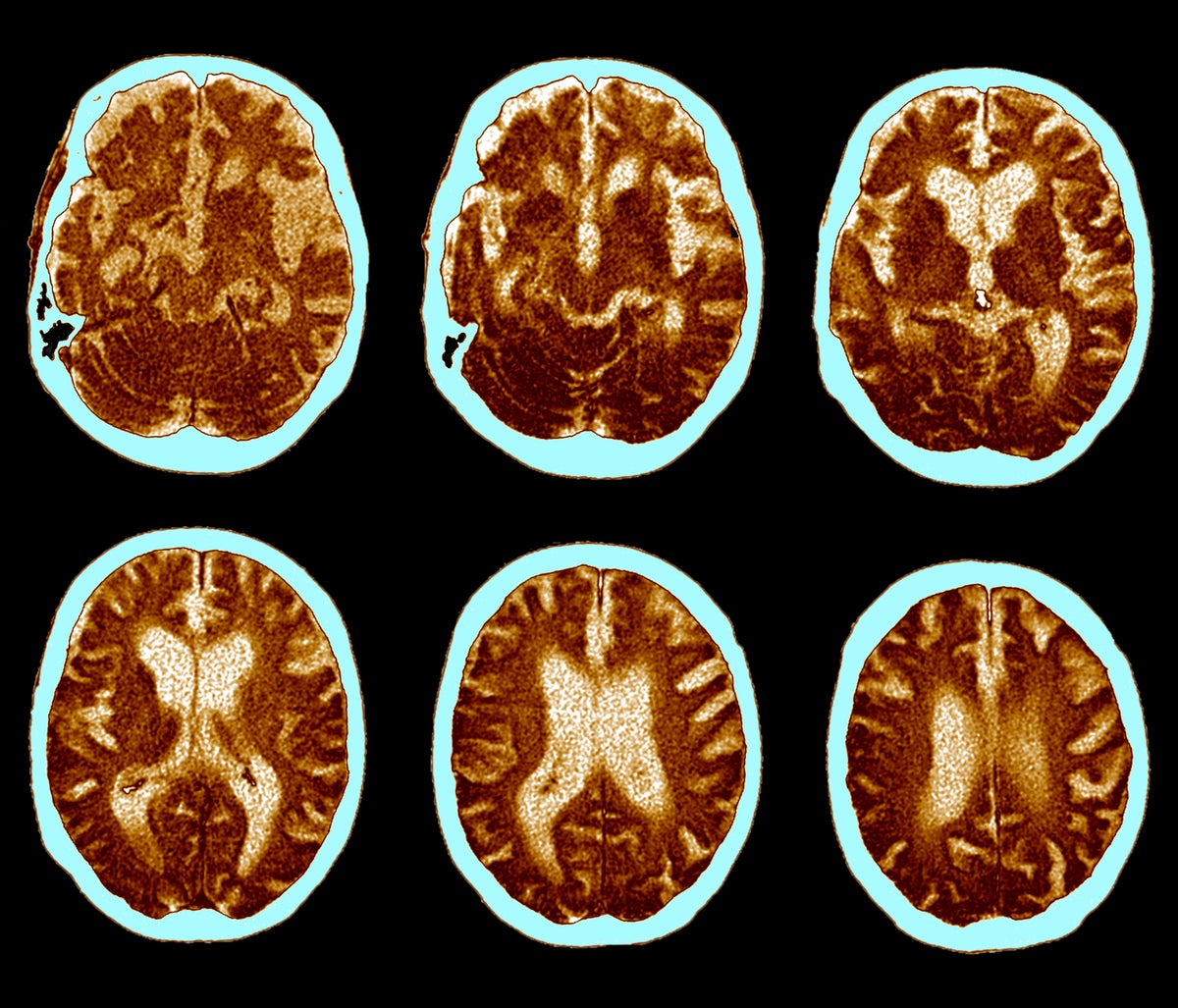Semaglutide Fails to Slow Alzheimer's Progression Despite Biomarker Improvements
Clinical trials revealed that semaglutide, including drugs like Ozempic, did not significantly slow Alzheimer's disease progression, even as it improved related biomarkers, prompting further research into GLP-1-based treatments.
Subscribe to unlock this story
We really don't like cutting you off, but you've reached your monthly limit. At just $5/month, subscriptions are how we keep this project going. Start your free 7-day trial today!
Get StartedHave an account? Sign in
Overview
- Semaglutide treatment, a GLP-1 drug, improved Alzheimer's disease-related biomarkers in clinical trials, indicating some biological effect within the body.
- Despite these biomarker improvements, the drug did not demonstrate a significant impact on slowing the overall progression of Alzheimer's disease in patients.
- Novo Nordisk's semaglutide, known commercially as Ozempic and Wegovy, showed no effectiveness in halting the neurodegenerative decline associated with Alzheimer's.
- Researchers are exploring potential explanations for semaglutide's lack of real-world effectiveness in Alzheimer's trials, despite its safety and tolerability profile.
- Newer GLP-1-based drugs currently in development may offer more promising results for Alzheimer's treatment compared to existing options like Wegovy and Zepbound, which are successful in other indications.
Report issue

Read both sides in 5 minutes each day
Analysis
Center-leaning sources frame the story by initially highlighting the drug's failure with strong evaluative terms like "flops" and "dud." However, they quickly pivot to contextualize this outcome within the broader challenges of Alzheimer's research, emphasizing the importance of clinical trials. The narrative then explores reasons for continued optimism regarding GLP-1s, transforming a setback into a learning opportunity and a nuanced discussion about future possibilities.
Articles (4)
Center (2)
FAQ
Recent phase 3 clinical trials (EVOKE and EVOKE+) showed that semaglutide did not significantly slow Alzheimer's disease progression, despite improving related biomarkers associated with the disease.
Although semaglutide improved Alzheimer's-related biomarkers, these improvements did not translate into slowing clinical disease progression, suggesting biomarker changes alone may not be sufficient for clinical benefit for symptomatic patients.
Experts suggest semaglutide may influence earlier pathogenic processes rather than established neurodegeneration, indicating its potential benefit might lie in prevention rather than treatment of symptomatic Alzheimer's.
Yes, newer GLP-1-based drugs currently in development may offer more promising results for Alzheimer's treatment compared to existing options like semaglutide, with research ongoing to find effective therapies targeting alternative disease pathways.
Semaglutide demonstrated a safe and tolerable profile in patients with early symptomatic Alzheimer's disease as observed in the EVOKE and EVOKE+ phase 3 trials involving over 3800 participants.
History
- This story does not have any previous versions.



